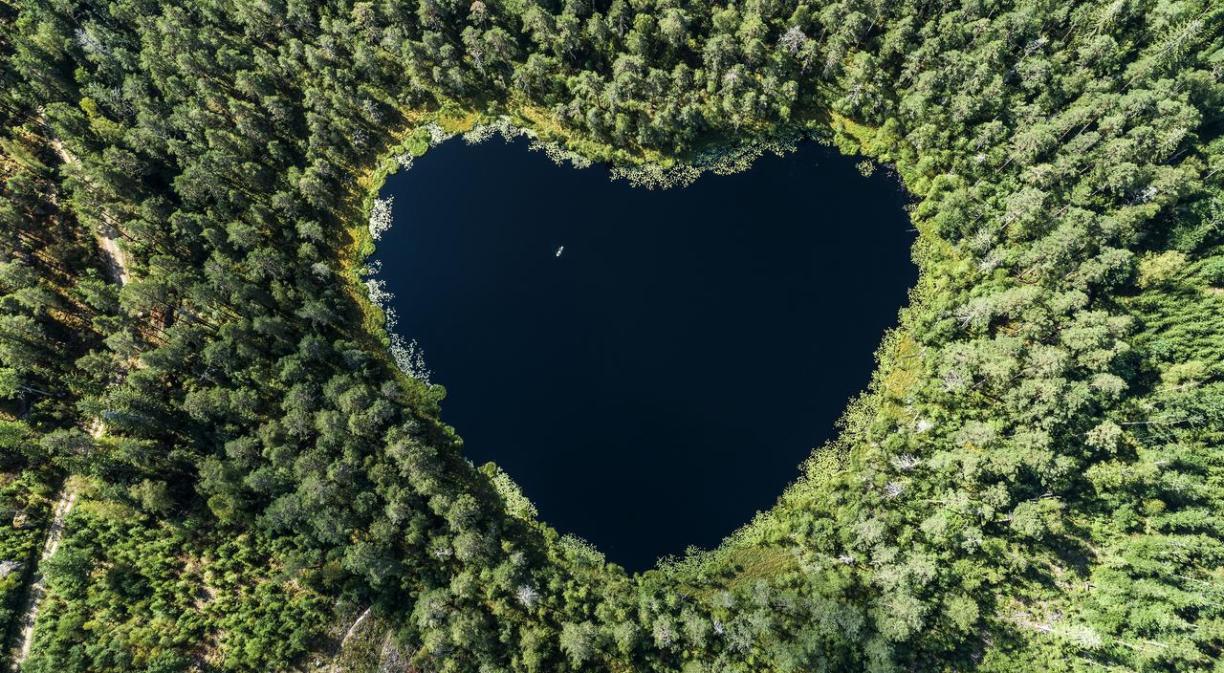Some regions and sectors need more water than others, which underlines the importance of taking care of water and ensuring that it is safely available, as large amounts are used by people, industry and the agri-food sector.
As the United Nations reminds us, we are experiencing a global water crisis and we must seek solutions to achieve Sustainable Development Goal 6 before 2030, which refers to water and sanitation for all. The organisation stresses that almost all the freshwater consumed in the world is groundwater, and in particular about 40% of irrigation consumption comes from aquifers.
Therefore, without efficient management, little can be done to ensure a proper supply that reaches everyone. For example, one of the most serious problems are leaks in the supply networks, as they represent a loss of water that needs to be addressed. If a high percentage is lost during storage or distribution, this is a highly avoidable problem and a waste of water that is hard to recover.
The future of water is digital
Digitalisation is key to improving water management. To achieve this transformation in Spain, the government has promoted the Strategic Project for Economic Recovery and Transformation (PERTE in its Spanish initials). The objective of this plan is to transform and modernise water management systems for urban consumption, irrigation and industrial uses, and is set to be carried out between 2022 and 2026. This project aims to promote public-private collaboration, and includes actions such as an ICT training plan, the creation of a shared data bank, the incorporation of technologies such as Big Data and advanced data analytics for management, planning and decision making.
The Ministry of Environmental Transition and Demographic Challenge, MITECO, will also expand the use of digital resources such as images captured from drones and satellites, and the promotion of smart meters accompanied by a cybersecurity plan.
Canal de Isabel II is already planning a massive deployment of 650,000 water meters with integrated Narrow Band IoT (NBIoT) communication over the next three years, and Telefónica Tech, together with Contazara, Spain’s leading manufacturer of electronic meters, will be responsible for the supply and communications service of this project, deploying 130,000 smart meters for the public company in an initial start-up phase.
Canal de Isabel II seeks to optimise the water supply service, thus protecting the water resource against inefficient consumption, and offer a better service to its customers. With this type of meter, consumption data is collected remotely and automatically. By applying Artificial Intelligence, predictive maintenance can be carried out to improve aspects such as the early detection of leaks or unauthorised consumption.
According to studies by Telefónica Tech, the use of smart metering systems reduces water leaks by 40%, reduces operating and maintenance costs by 20%, and improves customer satisfaction rates by up to 60%.
Efficiency and productivity
Another example is the work carried out by the company Ecolab and its ECOLAB3D platform. The aim is to promote efficient and suitable water management, especially in the agri-food and industrial sectors. Bear in mind that they consume 90% of the available water, so it is essential to ensure that it can be renewed at an adequate rate.
The company also proposes a digital solution that incorporates AI, IoT and advanced analytics to analyse the different sources used by a facility and reduce the operational cost of water. This ensures energy gets saved but does not contribute to higher energy costs. What is achieved is greater efficiency and productivity.
Innovations adapted to the field
Given the consumption by the agri-food industry, it is not surprising that innovations in water management will emerge in the field. This is the case in the Minerva Programme developed in Andalusia, which supports different start-ups that focus on developing new solutions.
From irrigation control to humidity detection or wastewater treatment systems, these are just some examples of projects that have been implemented. These entrepreneurs play an important role in the development of the solutions as they are able to combine improvements in water consumption and crop welfare.
Irrigation automation is one of the key issues to be taken into account. By using information technology, management is carried out in real time by AI. Thus, there is better and easier irrigation, reducing human error, and farmers have continuous guidance through the information they get on their devices.
In short, technology is working hard for a better stewardship of water. The solutions being proposed efficiently manage an optimised consumption, thus avoiding unnecessary waste and getting it to where it is needed. Digitalisation contributes to improving the conditions for the use of this vital liquid all over the world.
